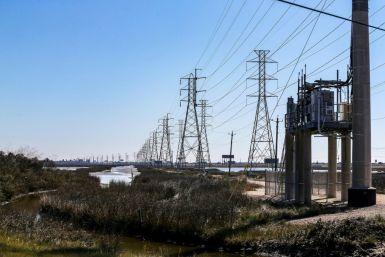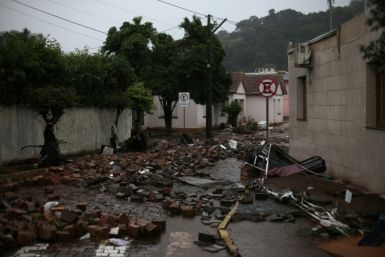Aussies before Migrants on Filling Skills Shortage - Gillard
Prime Minister Julia Gillard says Australian workers, not migrants, should be prioritized in filling employment requirements, even if the Aussies need to be trained or relocated.
A day before today's jobs forum in Canberra, Ms. Gillard said government must help workers retrenched from steelworks as they could be trained for mining jobs instead of relying on skilled migrants through the fly-in/fly-out programs.
She said the Government is determined to ensure the unemployed can be trained to meet the demand for jobs in Western Australia's mines before skilled migrants are brought in.
In 2009 the Australian government streamlined skilled migration intake to only 115,000. However, budget Treasurer Wayne Swan announced the May budget has a provision for increase in the program in regions of need.
In 2012, 16,000 extra migrants will be flown in for their skills, as it has been reported that local skills could not meet demand, as in mining. But Ms. Gillard insisted Australian workers will take precedence over migrants.
"We don't want to leave a kid in Kwinana in Western Australia on the unemployment queue without skills while the people who operate big mines in the north-west of the state say can you import a plumber or a cook or an electrician for me," Ms. Gillard told Radio National.
"I want that kid to get that opportunity."
Meanwhile, Australian Council of Trade Unions (ACTU) president Ged Kearney said many unemployed, experienced workers are available.
"The reason we are in this mess at the moment is that the mining industry has not invested in skills," she told ABC News 24.
"They are not training apprentices, they are not training their workers. For years they have neglected this important part of their responsibility as an employer."
Ms. Kearney told ABC News unions are now asking mining companies to invest in skills rather than demand short-term skilled migration.
"A research study was done recently that showed if a large corporation increased local content by 15 per cent - just 15 per cent - they would save 1,000 jobs," Kearney added.
For his part, Jobs Minister Chris Evans warned against reducing skilled migration numbers as this could affect pace of work at the industry, noting jobs are "moving north and west" and there are some areas which are "doing it tough".
"We are in a strong economy with low unemployment but those challenges of a patchwork economy are serious and talking about them and working with the key parties is what we are doing today," Senator Evans told ABC.






